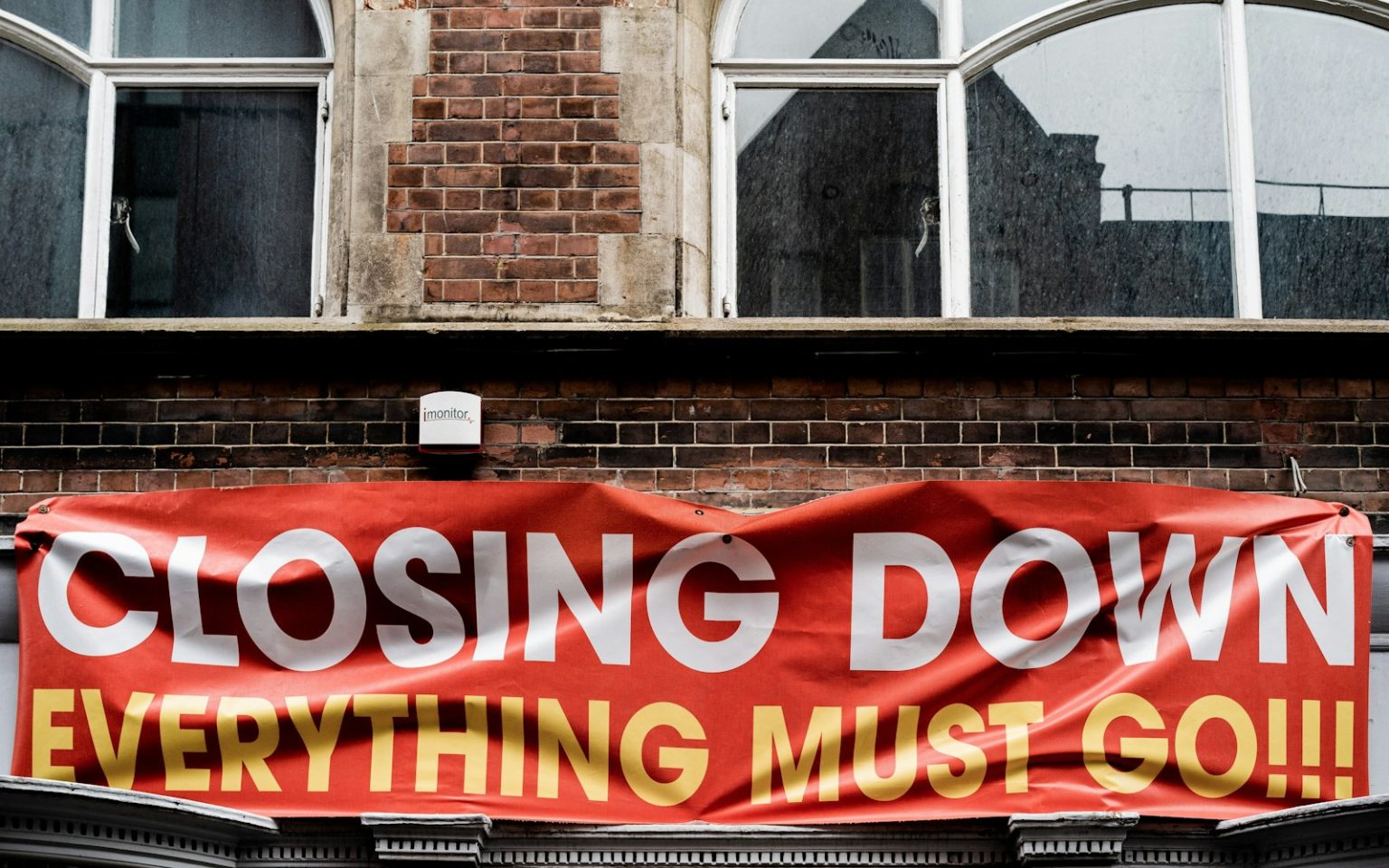The Hard Truth About Business Viability
Let me be crystal clear: being in business is about making money. This might sound obvious, but many entrepreneurs get so caught up in their vision that they forget this fundamental truth. Your brilliant idea means nothing if it can’t generate revenue.
When I evaluate struggling businesses, I typically find three critical issues:
- They don’t have enough capital to evolve their business model
- They’ve failed to confirm there’s an actual market for their product or service
- They haven’t sought expert advice to validate their assumptions
These issues aren’t minor obstacles—they’re business killers. Without adequate funding, market validation, and expert guidance, even the most innovative ideas will fail.
The Economic Reality Check
Every business decision ultimately comes down to economics. You must ask yourself: “Can I generate more revenue than I spend?” If the answer is no, or “maybe someday,” you need to seriously reconsider your approach.
I’ve had to deliver this harsh reality to many entrepreneurs: “As your business stands today, there’s no market. You’ll never make money.” This isn’t meant to crush dreams but to force a critical reassessment before more time and money are wasted.
Being in business is about making money. There’s always an economic decision and a matter of how confident you are in executing on that.
Your confidence in execution matters tremendously. You need to be realistic about your ability to deliver on your business plan. Many entrepreneurs overestimate their capabilities and underestimate the challenges they’ll face.
Evolution Is Essential
The good news is that businesses can and do evolve. Even flawed business models can transform into profitable enterprises—but only under certain conditions:
- You must have enough capital to stay operational while you figure things out
- You need the intelligence and flexibility to adapt your model based on market feedback
- You have to be willing to make significant changes to your original vision
This evolution process takes time—often much longer than entrepreneurs initially expect. I’ve watched businesses that seemed doomed make remarkable turnarounds, but only after fundamental shifts in their approach.
The key is maintaining enough runway to allow for this evolution. Without adequate financial resources, even the best ideas will crash before they have a chance to succeed.
Seeking Help Is Not Optional
One of the most frustrating patterns I see is entrepreneurs refusing to ask for help. Pride has no place in business development. The most successful business leaders I know are constantly seeking advice, feedback, and mentorship.
Before launching your business, consult with experts in your industry. Test your assumptions with potential customers. Have financial professionals review your projections. This feedback might be uncomfortable, but it’s far less painful than business failure.
I’ve saved entrepreneurs millions of dollars and years of heartache by providing honest assessments of their business models before they fully committed their resources. This kind of early intervention is invaluable.
The Path Forward
If you’re currently running a business or planning to start one, I urge you to take a hard look at your fundamentals. Do you truly have a viable market? Have you secured enough funding to weather the inevitable evolution process? Are you seeking expert guidance to challenge your assumptions?
Remember that business success isn’t just about having a good idea—it’s about executing that idea profitably in the real world. Be honest with yourself about your current position, and be willing to make changes when necessary.
The most successful entrepreneurs aren’t those with the most innovative ideas; they’re the ones who can adapt those ideas into profitable business models. Make sure you’re building something that can actually make money—because at the end of the day, that’s what business is all about.
Frequently Asked Questions
Q: How can I tell if my business idea has real market potential?
Before investing significant resources, conduct thorough market research including competitor analysis, customer interviews, and small-scale product testing. Look for evidence that people are willing to pay for your solution at a price point that allows for profitability. The strongest validation comes from actual sales, not just positive feedback.
Q: What’s the minimum amount of funding I should secure before launching?
There’s no universal number, but you should have enough capital to cover at least 12-18 months of operations without revenue. This includes all business expenses plus your personal living costs. Remember that most businesses take longer to become profitable than founders initially project, so build in a substantial buffer.
Q: When should I consider pivoting my business model?
Consider pivoting when you consistently receive feedback that your product doesn’t solve a real problem, when customer acquisition costs remain unsustainably high, or when you can’t achieve profitable unit economics despite multiple attempts. The best pivots maintain your core strengths while addressing fundamental market issues.
Q: Who should I approach for honest feedback about my business?
Seek guidance from industry veterans, successful entrepreneurs in adjacent fields, and business coaches with relevant experience. Avoid asking only friends and family who may hesitate to give critical feedback. The most valuable advisors are those who have built profitable businesses similar to what you’re attempting.
Q: How do I balance my passion for my business idea with economic reality?
Use your passion as fuel for persistence, but let economic data guide your decisions. Set clear metrics for success and evaluate your progress objectively. Be willing to modify aspects of your vision to align with market demands. Remember that a profitable business that’s slightly different from your original concept is better than a perfect vision that fails.







